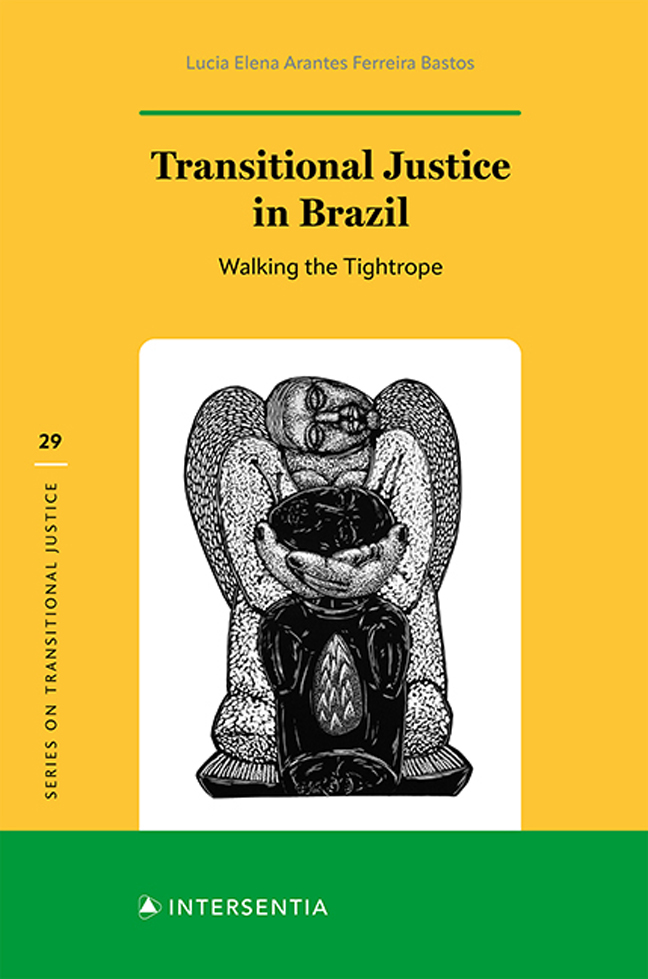Book contents
- Frontmatter
- Foreword
- Acknowledgments
- Contents
- List of Acronyms and Abbreviations
- 1 Introduction: Historical Perspectives from the Brazilian Dictatorship and Transitional Justice Measures
- Part I The Intersection Between Amnesty, the Rule of Law, and Authoritarian Legacies
- Part II Steps Towards Reparations, Accountability, and Truth
- Part III Complex Forms of Reparations, Accountability, and Truth-Seeking: Actors Beyond Agents of the State
- Bibliography
- Index
- About the Author
5 - The Truth-Telling Process
Published online by Cambridge University Press: 29 February 2024
- Frontmatter
- Foreword
- Acknowledgments
- Contents
- List of Acronyms and Abbreviations
- 1 Introduction: Historical Perspectives from the Brazilian Dictatorship and Transitional Justice Measures
- Part I The Intersection Between Amnesty, the Rule of Law, and Authoritarian Legacies
- Part II Steps Towards Reparations, Accountability, and Truth
- Part III Complex Forms of Reparations, Accountability, and Truth-Seeking: Actors Beyond Agents of the State
- Bibliography
- Index
- About the Author
Summary
“Effective democratization is always measured by this essential criterion: participation and access to the files, to their formation and interpretation”.
It took 26 years from the end of the dictatorship for Brazil to finally see the creation of an official truth commission. For a long time it seemed that Transitional Justice measures in the country would not go beyond the reparation programs of 1995 and 2002, in the quest for reconciliation and reconstruction. On the other hand, despite the efforts of the 1985 “Brazil: Never Again” Report, the truth-telling indirectly produced by the Commission on Political Deaths and Disappearances, and the work of the Amnesty Commission, there was still the impression that what had been done up until then was not enough. This puzzling sense of an unfinished task may be explained, as Hamber has commented in the context of the South African Truth and Reconciliation Commission, because it is highly unlikely that conflict survivors will react in an overly forgiving way, at least in the short term, towards the perpetrators of the violence against them. However, what can we say if this “short-term” reticence lasts for more than 30 years?
In this sense, though the work of the Special Commission on Political Deaths and Disappearances and the Amnesty Commission have been very important for the reconciliation process, in most cases, victims will not be ready to simply put the past behind them at the very moment when reparations are granted. This is because victims might feel that pecuniary reparations are being used to buy their silence in the absence of the truth. Thus, in the Brazilian case, the creation of an official mechanism of truth-telling like the National Truth Commission (NTC) (Comissão da Verdade) in 2012 was a great initiative to combat the belief that pecuniary reparations isolated from truth recovery would be a governmental strategy to close the past prematurely and leave many facts unknown.
This chapter will observe how the NTC was formed and identify its main goals and achievements, but will also comment on gaps in its assessments. This retrospective is important due to the repercussions of its work which still echo in society, several years after the Commission’s end.
- Type
- Chapter
- Information
- Transitional Justice in BrazilWalking the Tightrope, pp. 107 - 142Publisher: IntersentiaPrint publication year: 2023

